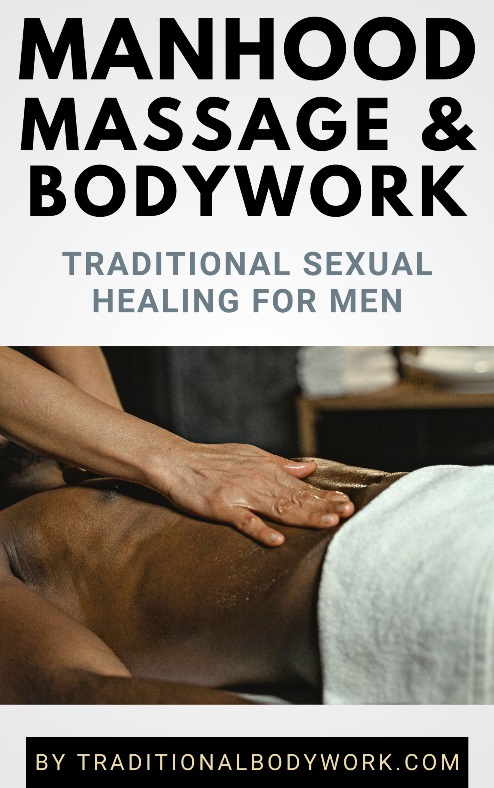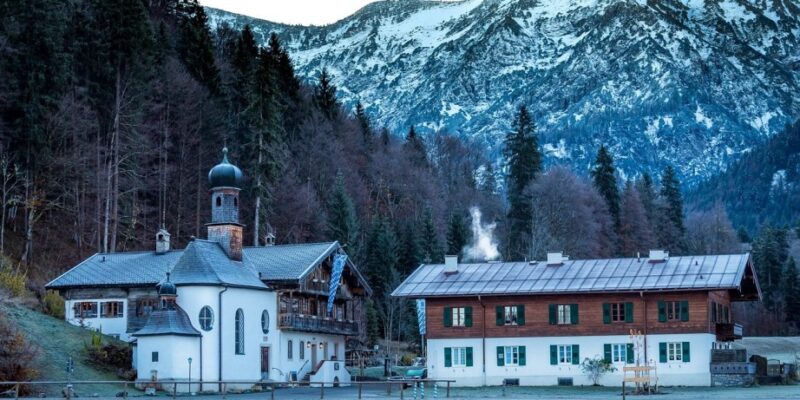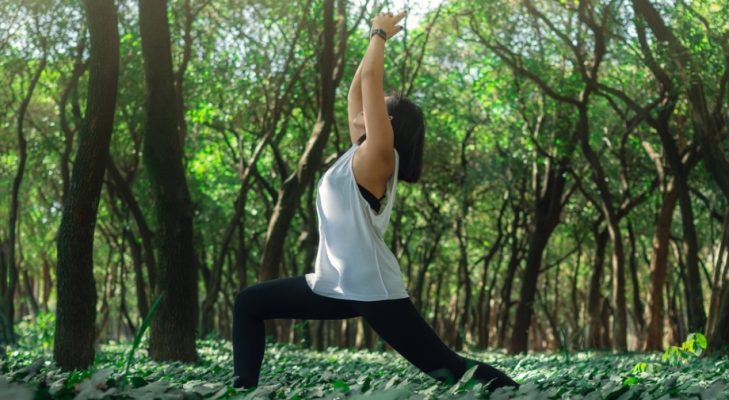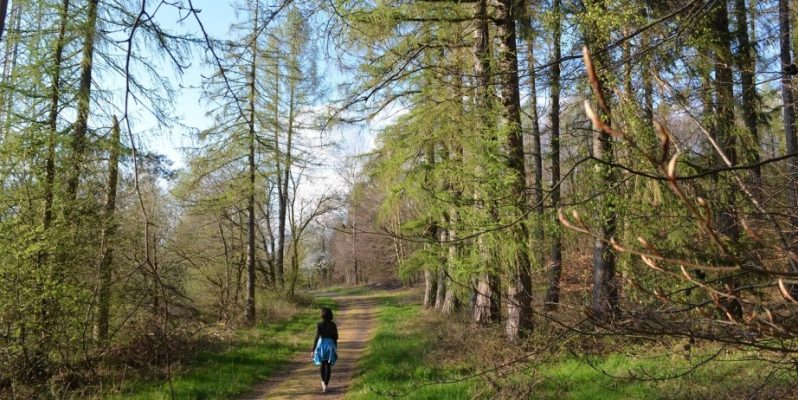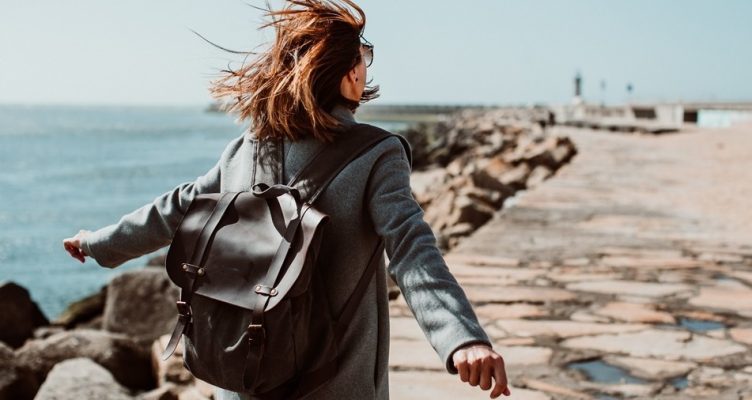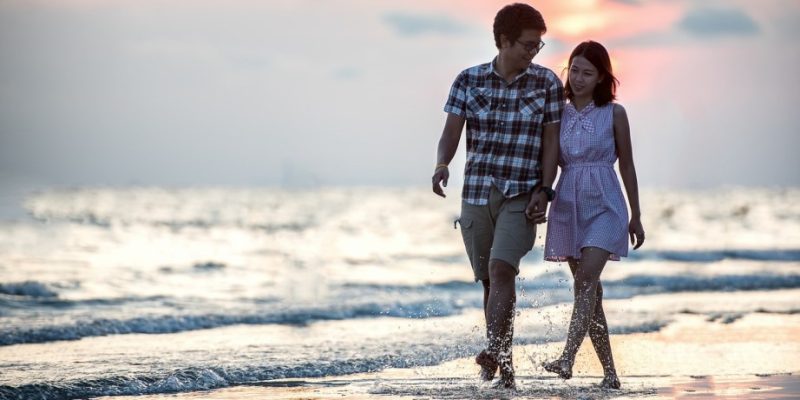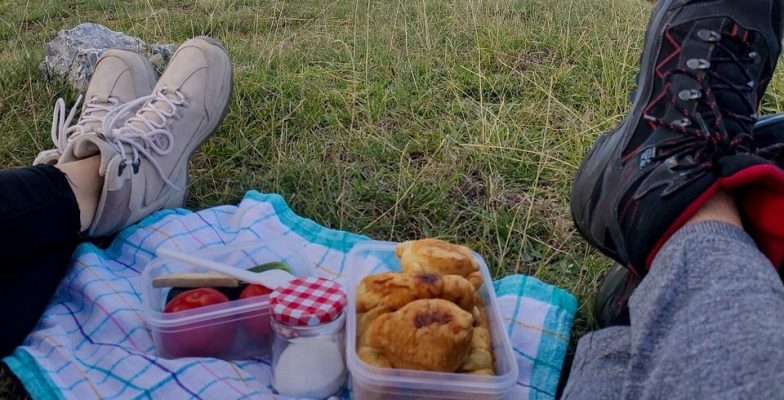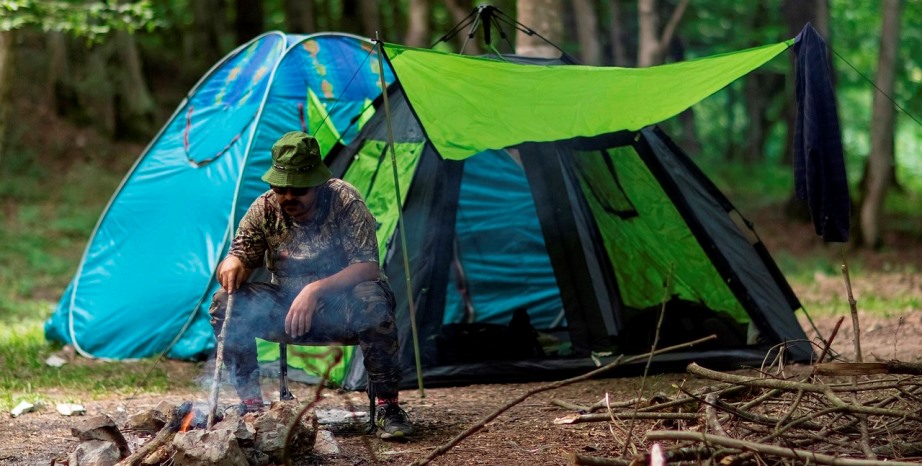
The act of camping involves overnight stays outdoors, typically in a natural environment, using a basic temporary shelter such as a tent, hammock, recreational vehicle, a simple cabin, a tarpaulin, or sometimes no shelter at all. Depending on the style of camping activity, the overnight shelter may be built with natural materials found at the camping spot.
Camping can be done for pleasure, recreation, adventure, meditation, or education, or it may be a necessary part of an extensive backpacking or trekking expedition.

The gear used for camping varies wildly, and can include very basic tools and equipment simply to get through the night or it may consist of highly specialized camping gear to give comfort, such as specialized camping furniture, portable power and heat sources, cooking stations, and so on. Moreover, it depends very much on the environment, climate, and season of the year what’s needed to take with you.
Besides the camping act itself — which can be done alone or with others — people often engage in certain additional activities, such as hiking, canoeing, outdoor cooking, fishing, kayaking, swimming, climbing, or exploring Nature, to name some common undertakings.
Camping is thought to have many health benefits, including stress reduction, fresh air, exposure to natural light, better sleep quality and mood, emotional bonding with Nature and other people, improved physical fitness and creativity, and increased self-esteem and confidence.





